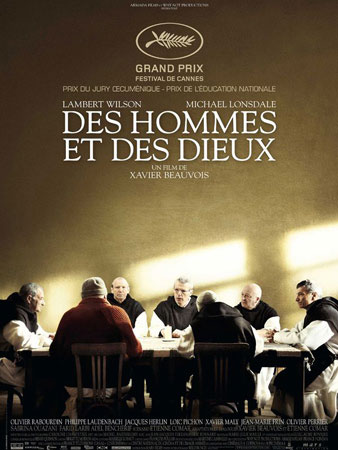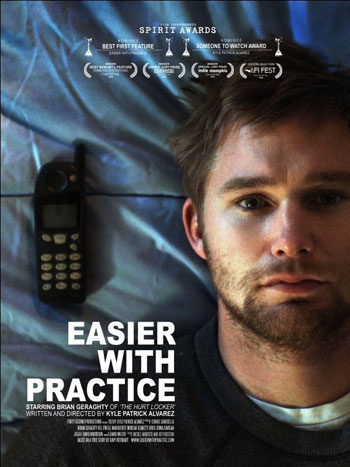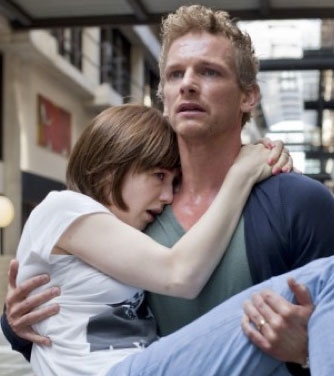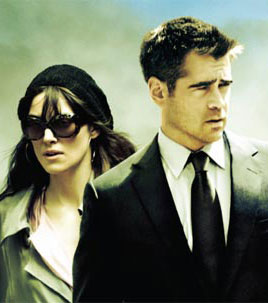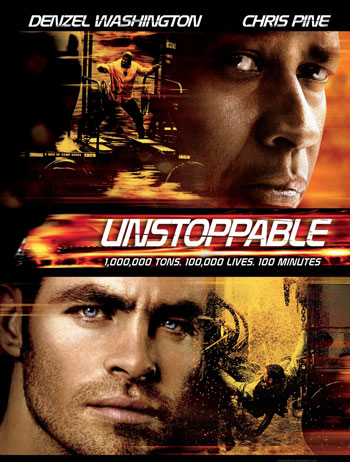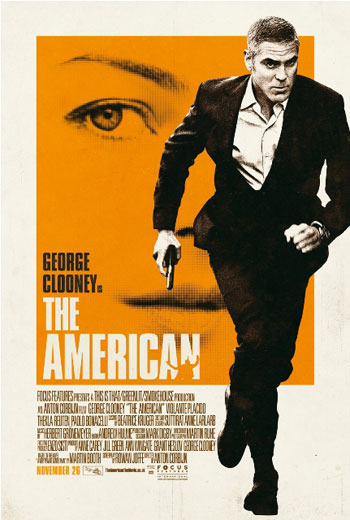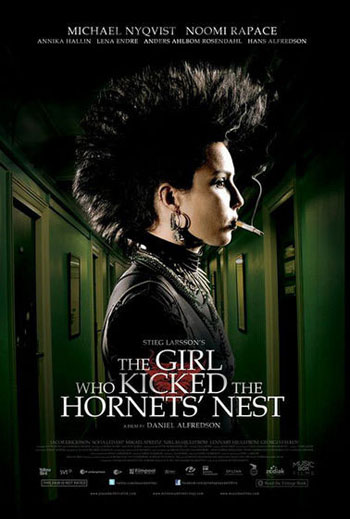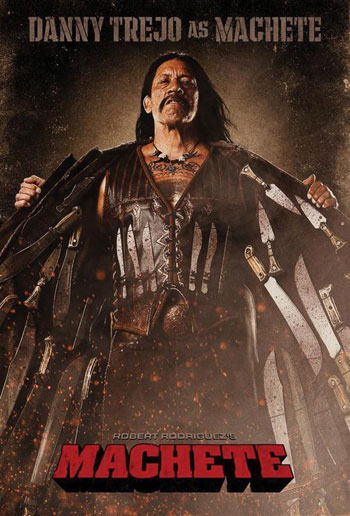LFF: Miral – 3*
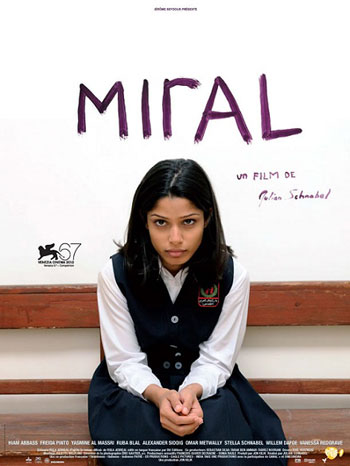 American artist-turned film-maker Julian Schnabel’s latest film, Miral, is on a far grander scale than the intimate The Diving Bell and the Butterfly about a stroke sufferer, dealing with the political hot bed of peace in the Middle East. Jewish American Schnabel takes the Palestinian stance on this, in an almost pious and worthy fashion that quietly simmers with American liberal indignation. But he can be supported by the fact his story is based on the real-life experiences of Palestinian author and screenwriter Rula Jebreal that may well echo many from the region, but are intriguingly adapted and retold.
American artist-turned film-maker Julian Schnabel’s latest film, Miral, is on a far grander scale than the intimate The Diving Bell and the Butterfly about a stroke sufferer, dealing with the political hot bed of peace in the Middle East. Jewish American Schnabel takes the Palestinian stance on this, in an almost pious and worthy fashion that quietly simmers with American liberal indignation. But he can be supported by the fact his story is based on the real-life experiences of Palestinian author and screenwriter Rula Jebreal that may well echo many from the region, but are intriguingly adapted and retold.
The film-makers concentrate on individual stories, reducing the general political message to a very personal one through the eyes of four generations of women from the 1940s to 1990s. It’s undoubtedly a highly attractive and touching piece of cinema, even if the film is rather uneven at times, regardless of the non-linear timeline. Stories of strong women on screen are often well received and powerful enough to carry through to fruition at the best of times, but add a living historical situation, and Schnabel is sure to have a captive audience looking for something more substantial to watch at the box office.
Nevertheless Jerbeal cannot escape the fact that some of the lines seem a little staged, sadly, even if reality meant otherwise, and none more so than those of Danny Boyle’s Slumdog Millionaire star, Freida Pinto, as the grown-up Miral, the central character of the story. Miral is a girl with a troubled family past who gets sent to the enigmatic Hind Husseini’s (Hiam Abbass) groundbreaking orphanage to live out the rest of her childhood. Naturally, as an impressionable innocent, Miral falls prey to radical movements through romantic involvement and her experiences of some shocking injustices. Pinto pours her heart and soul into this role, desperate to do the subject matter and its socio-political message some justice, but guilty of cover-cooking her performance in parts, however captivating Eric Gautier’s cinematography is in framing her beauty.
There is still the niggling uncertainty of having such a prominent Asian actress as Pinto playing the role, when there must have been a wealth of local talent, particularly if Schnabel’s intention was to draw the crowds with his two A-lister names, Vanessa Redgrave and Willem Dafoe, who are only in the film for a fleeing moment. The true credit should go to renowned Palestinian actress Abbass for her exceptional performance as the orphanage owner ‘Mama Hind’, and you can’t help wondering what kind of film it could have been, had they merely concentrated on Husseini’s impact in the region. However, every penny counts at the box office, and there’s the obvious intention of keeping the hope of youth alive in placing the younger protagonist at the helm, whilst pricking the interest of the international audience with Pinto, especially after Boyle’s success with his own Academy-Award-winning socio-political affair.
That said Miral breaks very little new ground in educating its audience on Middle East affairs, even with real news footage and some shocking scenes added, as all right-minded folk know tolerance via education is the key. But it’s a bold offering from Schnabel who as an artist must be no stranger to provoking controversy, and as a Jewish male, makes for a fascinating collaboration. It’s also a consuming character piece from its originator, Jerbeal, especially for female viewers, that ought to be told because of its influential women who should be praised for their fighting spirit. For this reason alone, Miral is a satisfactory drama that makes for inspirational viewing.
3/5 stars
By L G-K

